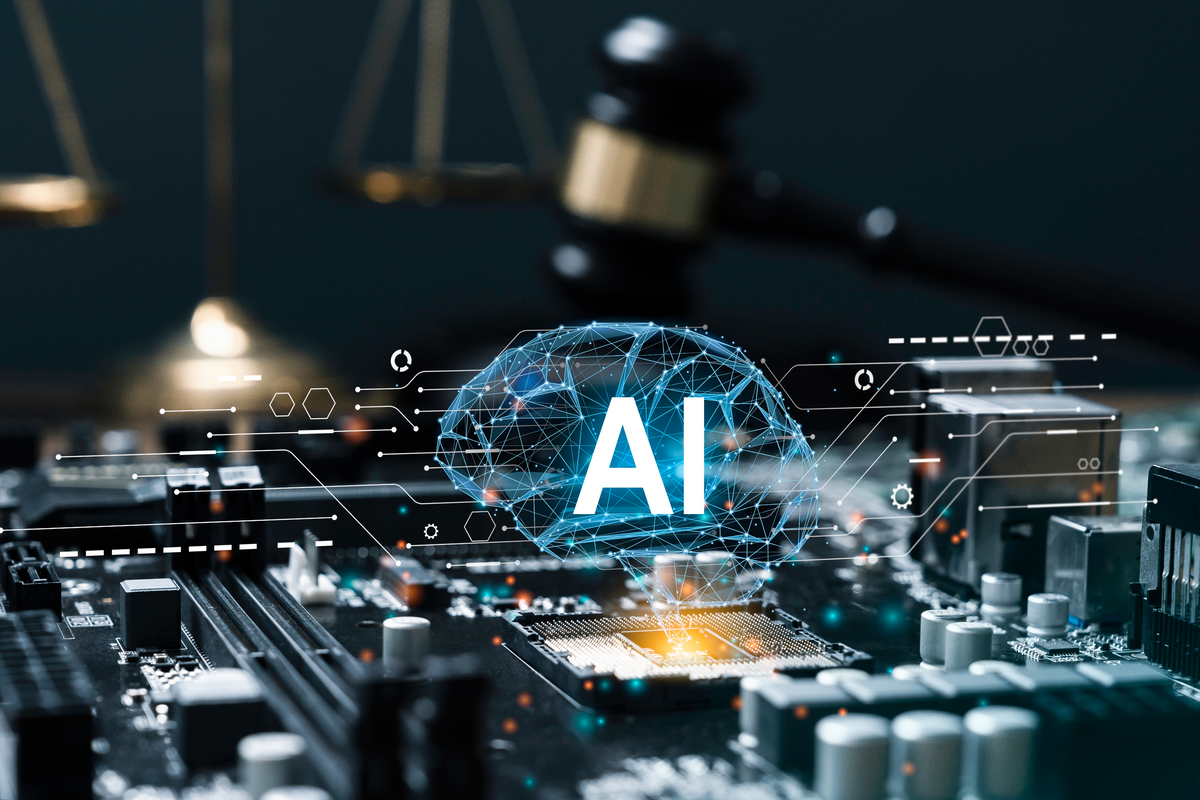It's possible that no product innovation these days has more potential to change the way we live than driverless cars.
If autonomous vehicle (AV) technology lives up to its promise, it would mean the reimagining of the entire car experience. Self-driving pods could serve as places for office work, sleep, or entertainment as commuters travel seamlessly from one point to another.
It would also mean the end of car ownership for millions of Americans, especially those in cities. They would instead depend on ridesharing services like Uber and Lyft (LYFT 4.96%), both of which are working toward creating their own AV fleets.
In a best-case scenario, AVs would alleviate traffic, allowing Americans to travel faster and commute from farther away, and also minimize the need for parking and parking lots. They would put millions of paid drivers out of work, but lower the costs of all kinds of goods and services that depend on truck and car transportation.
Though there are still plenty of technological challenges to overcome before driverless cars go mainstream, the biggest obstacle might not be the science. A new poll shows it's more likely to be you.

Image source: Waymo.
If it ain't broke...
According to a Reuters/Ipsos poll out this week, most Americans remain skeptical about driverless cars. The survey found that just 27% of respondents said they would buy a driverless car, while 64% said they would not. Also, 63% said they would not spend extra on self-driving features, and 67% said they thought driverless cars should be held to higher safety standards than their human-operated counterparts.
Those results seem to signal significant AV fear or resistance. This attitude was also evident after incidents like the pedestrian fatality caused by a self-driving Uber vehicle last year and, more recently, two Boeing 737 Max crashes that appear to be related to faulty autopilot controls. And there have been reports of vandalism against self-driving vehicles in Arizona, where they're being tested, offering further proof of a backlash. Fears of hacking into the controls of AVs have also played into some dystopian predictions.
Though car crashes are one of the most common causes of preventable death (there were more than 34,000 vehicular fatalities in the U.S. in 2017), the problem is largely an accepted one. Since most Americans believe themselves to be above-average drivers, they tend to think they won't experience a life-threatening accident.
This presents a distinct challenge for companies like Uber, Lyft, Alphabet's (GOOG 0.02%) (NASDAQ: GOOGL) Waymo, Tesla (TSLA +3.38%), General Motors (GM 2.58%) and others racing to disrupt the traditional auto market with driverless vehicles.
No, really, it's safe
No company is further along on driverless cars than Waymo, the AV unit of Google parent Alphabet. The search giant launched its AV project in 2009 with the goal of saving lives. Today, its vehicles have racked up more than 10 million miles on public roads, and the company launched a "robot taxi" service in metro Phoenix called Waymo One last December, the first paid service of its kind. Waymo plans to gradually expand the service to new cities.
Along the way, Waymo has been aware of AV resistance but has made efforts to respond. In 2017, it launched a public education campaign in partnership with organizations like Mothers Against Drunk Driving and the National Safety Council to convince consumers of the benefits of driverless cars, explaining how they would help eliminate problems like drunk and distracted driving.
Last year, Waymo released a video that showed how its technology had avoided collisions. In one example, a Waymo vehicle stopped before an intersection to avoid a crash with another car that had gone through a red light, preventing an accident that might have happened if a human driver was behind the wheel.
By comparison, Tesla CEO Elon Musk has at times been problematic with his advocacy for self-driving vehicles. Teslas have partly self-driving capabilities, and some drivers have gotten into fatal accidents while the autopilot was engaged, leading to criticism that drivers believe the autopilot to be more advanced than it is. Days after a fatal Tesla crash a year ago, the company said in a statement that its autopilot "unequivocally makes the world safer," though it did apologize to the victim's family.
Uber, on the other hand, considered selling its AV unit after one of its vehicles killed a pedestrian, and has since downplayed its driverless-car initiative, wary of the outcry that followed the pedestrian fatality.
Finally, General Motors CEO Mary Barra has called on the federal government to pass legislation to encourage the safe innovation and deployment of self-driving vehicles, noting that 94% of traffic accidents are caused by human error.
The next steps
Disruptive technologies often encounter resistance. Many balked initially at sharing-economy pioneers like Airbnb and Uber, whose businesses relied on strangers trusting strangers with their homes or taxi rides. A few years later, those concepts are now widely accepted, and both businesses are growing rapidly.
Still, driverless cars present a unique challenge because of the safety risk. If the technology works flawlessly, AVs should be much safer than traditional cars. But consumers will have to be convinced that the tech capability is there before they entrust their lives to algorithms and robot taxis.
Even Waymo may have to rethink its operations as nearly 40% of Waymo One riders have registered complaints about the service, according to tech news site The Information. It found, among other issues, that the human backup driver had to take over to avoid collisions on occasion.
Whether or when fully autonomous technology is ready for mass deployment remains an open question. In the meantime, it's up to pioneers like Waymo and Tesla to convince consumers that having control of one's own vehicle can create an illusion of safety, and that, comparatively, AVs will be safer (if they aren't already).
If the country is going to embrace autonomous vehicles, the companies creating them and the cities where they operate may need to get together and rethink the entire road transportation system to really change the way we live today.










